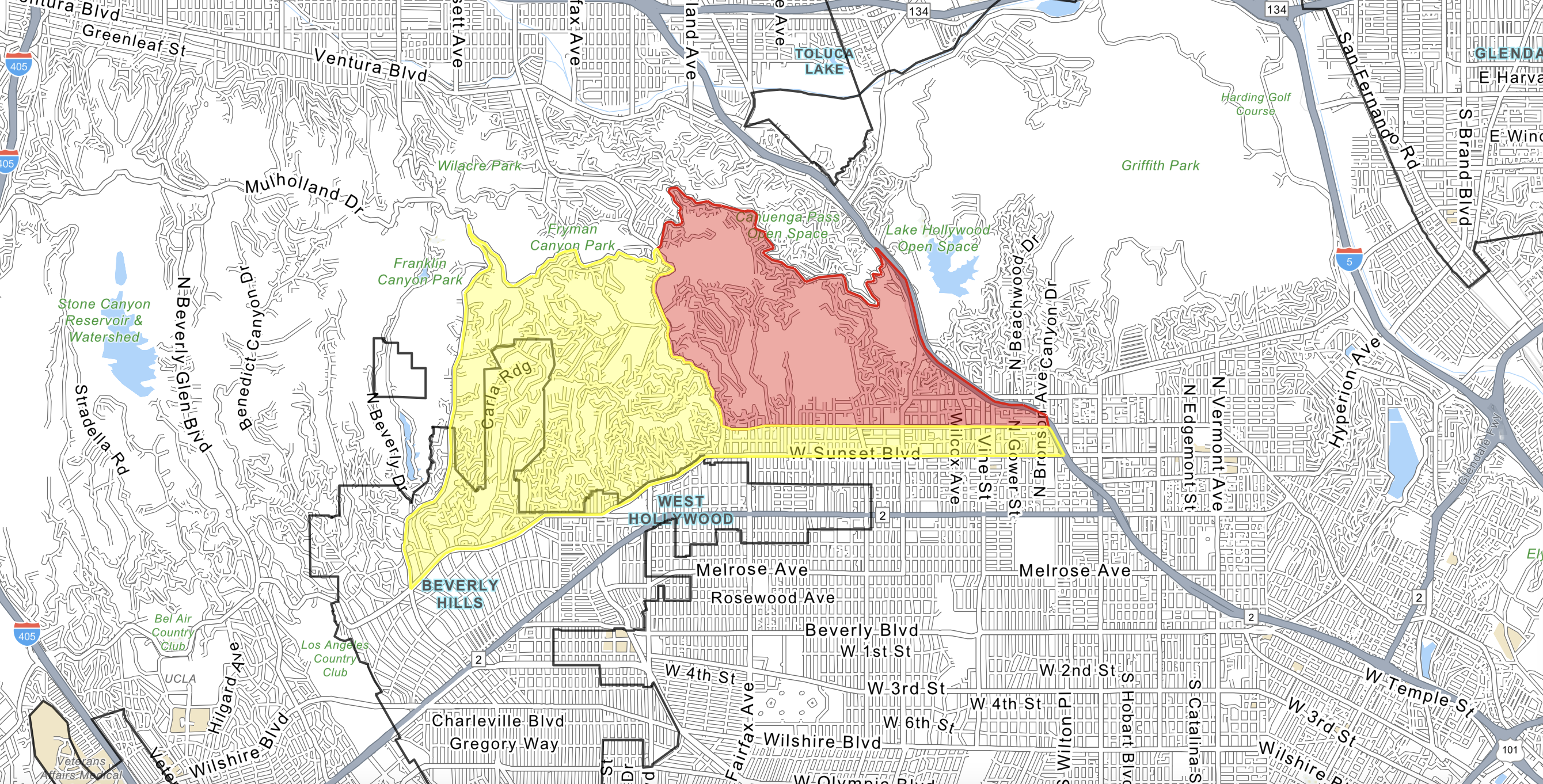A Florida appeals court made a significant ruling in early January 2025 that will impact the state's under-pressure homeowners insurance market, which some observers believe is in crisis.
The court ruled that a "direction to pay" (DTP) by a policyholder does not by itself represent an "assignment of benefits" (AOB), upholding the Florida Senate's Bill 2-A in 2023.
Bill 2-A prohibited Florida's long-standing practice of assigning benefits to another party for those holding insurance policies issued after January 1 of that same year. It is aimed at eliminating profit-seeking litigation by third parties against insurers.
This type of litigation pushed up insurance premiums in Florida further, already painfully high because of the increased risk of extreme weather due to climate change and widespread fraud.
In light of the appeals court ruling, Newsweek asked experts: Will this end Florida's homeowners insurance crisis? Here's what they said.
Lisa Miller: Florida Insurance Ruling Another Consumer Win
Florida's insurance crisis is already dramatically improving with the legislature's passage of laws to protect consumers from getting duped into lawsuits with lawyers seeking to charge fees for their supposed services.
Look no further than the recent Citizens Board meeting presentation where it was reported that 42 rate filings filed with insurance regulators requested no rate changes.
I also spoke with an insurance company CEO who shared that over the past six months their premiums charged to policyholders per $1000 of coverage was down 15 percent.
This recent court ruling is yet another consumer win, in essence shutting down a firm that took away a policyholders' rights to insurance claim proceeds.
Florida's insurance market is headed in the right direction.
Lisa Miller, CEO, Lisa Miller & Associates
Charles Nyce: Florida Insurance Market Fragile, But Not in Crisis
The ruling supporting the legislative changes around AOB are very helpful in providing a solid foundation for the stability of the Florida property insurance market.
I would not say that the homeowners' insurance market is in crisis today. It is fragile, but it is improving. The policy count in Citizens dropped below 1 million at the end of November 2024, that is a sign that the private market is improving.
We have had new company formation that adds capacity to the private market. The performance of the insurers in the private market has also improved. So I would say still fragile, but not in crisis.
In my opinion, there are two major factors that were driving the problems we saw in the Florida market and they were both long-term problems: Exposure to catastrophic storms and excess litigation.

The fact that we went more than 10 years (end of 2005- early 2016) with no landfalling storms hid the fragility of the private insurance market. Between 2016-2022/2023, storm activity AND excess litigation pushed the private market into crisis.
The legislative changes addressed the excess litigation, but Florida still has significant storm activity. Two landfalling storms in 2024 were worrisome, but from a homeowners insurance perspective were not catastrophic given that much of the damage was flood related, not covered by the homeowners policy. Those losses were catastrophic to homeowners, but not to the private homeowners insurers.
The private insurance market is still fragile and significant large storm-related losses in 2025 could throw the market back into crisis, but we are in a much better position than we were two to three years ago.
Charles Nyce, Chair and Dr. William T. Hold Professor of Risk Management and Insurance, Department of Risk Management/Insurance, Real Estate and Legal Studies, Florida State University's College of Business
Scott Johnson: More States May Follow Florida on Insurance Law
The appeals court ruling merely affirms that one of the most important tort reforms enacted in 2022 and 2023 (prohibiting AOBs) is both valid and working as intended.
Whether the contractor/attorney call the agreement a "Direction to Pay" or "Assignment of Benefits" is irrelevant.
If the contract meets the definition of an "Assignment Agreement" as defined in the new law, is all that matters. This was an illegal assignment agreement, according to the decision.
Also, because of this decision in Florida, more states will begin to enact similar legislation regarding AOB's and other reforms—implemented to solve the litigation crisis that's plagued Florida since abusive AOB's first appeared in property insurance claims.
Scott Johnson, President, Johnson Strategies, LLC, and author of Collapse of an Evil Empire: Florida's Most Prolific Insurance Litigator




















 English (US) ·
English (US) ·